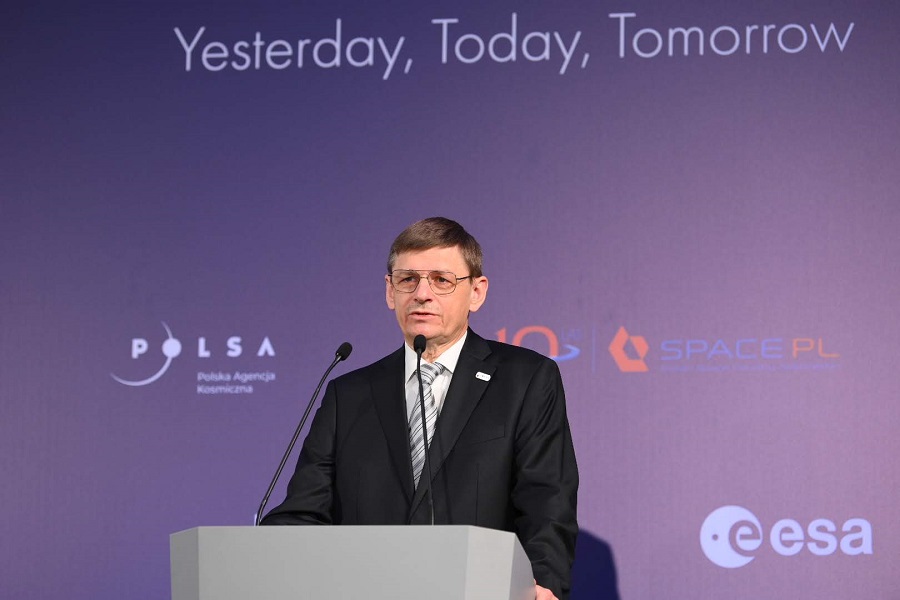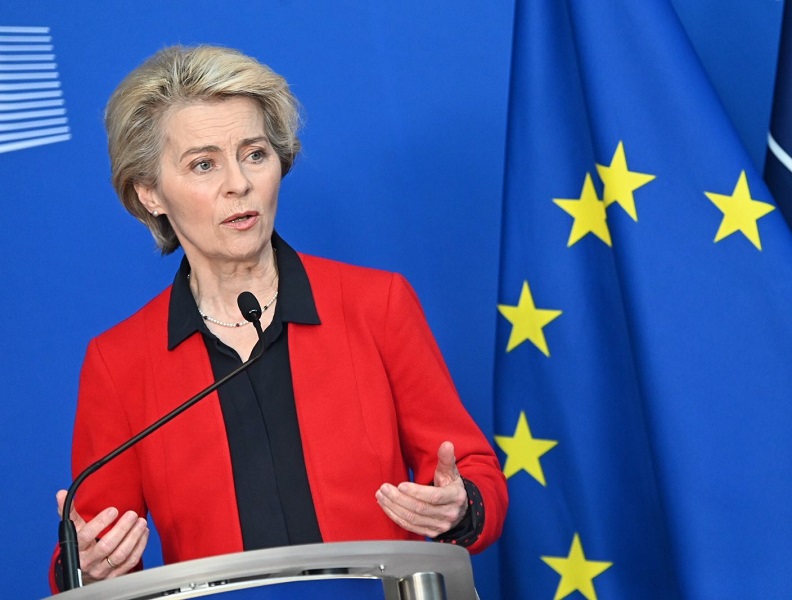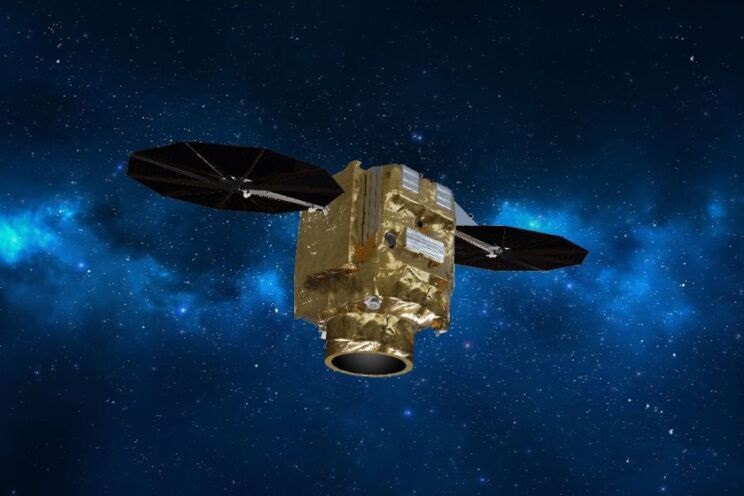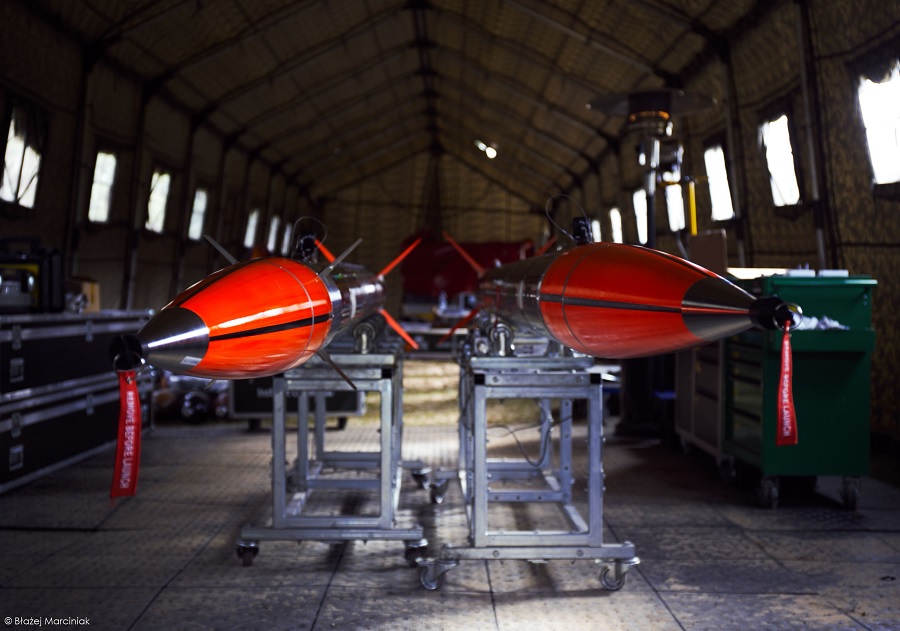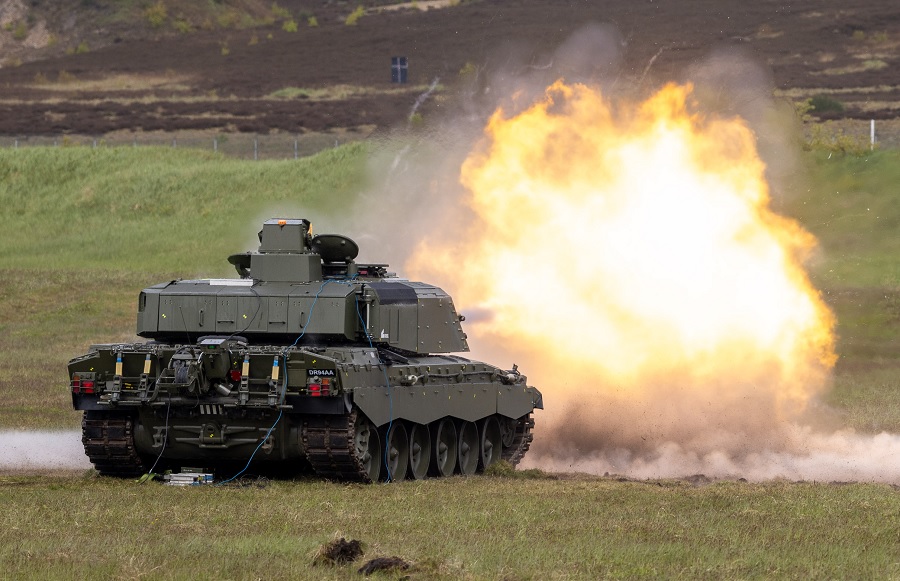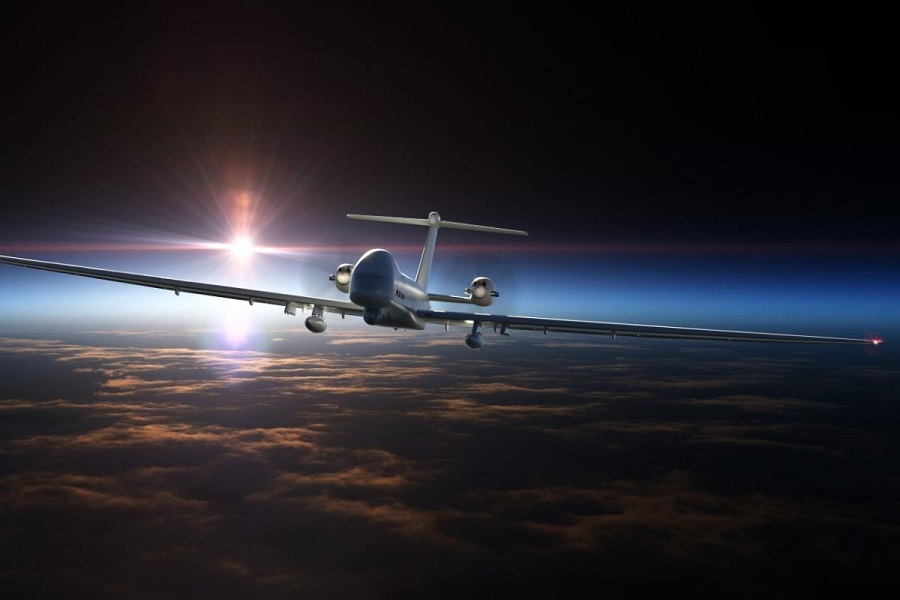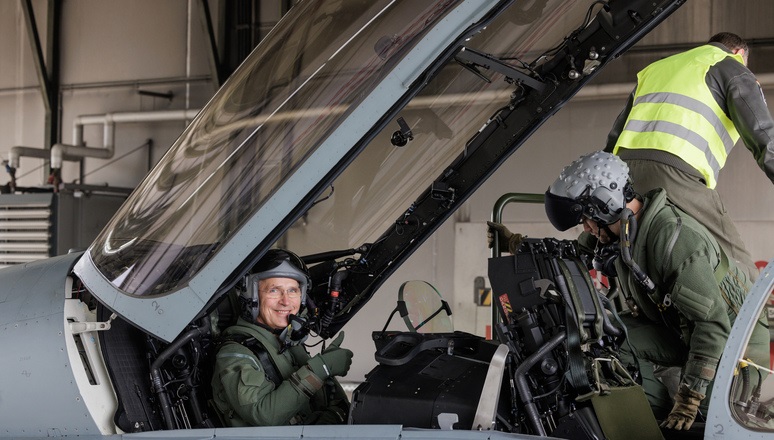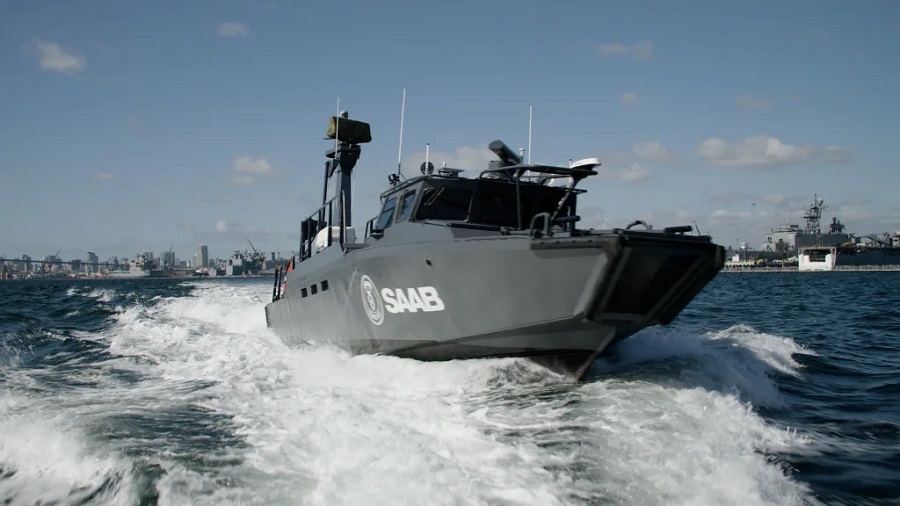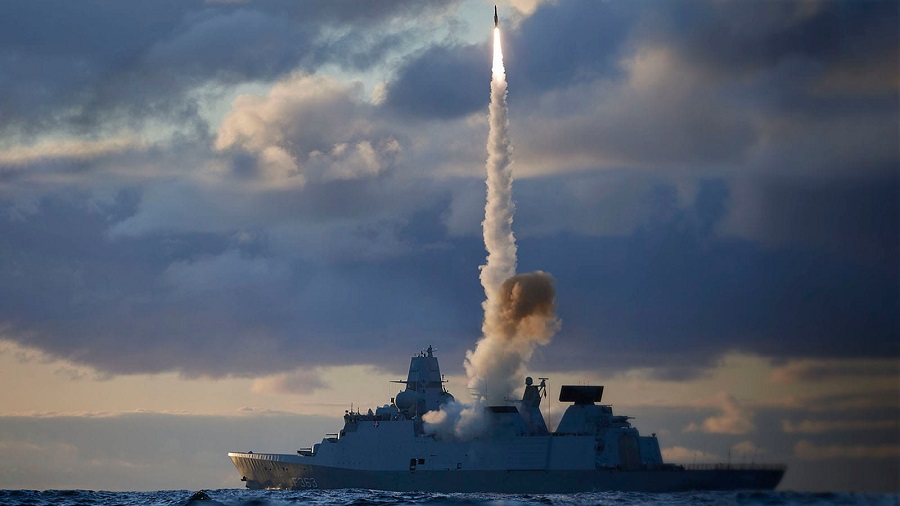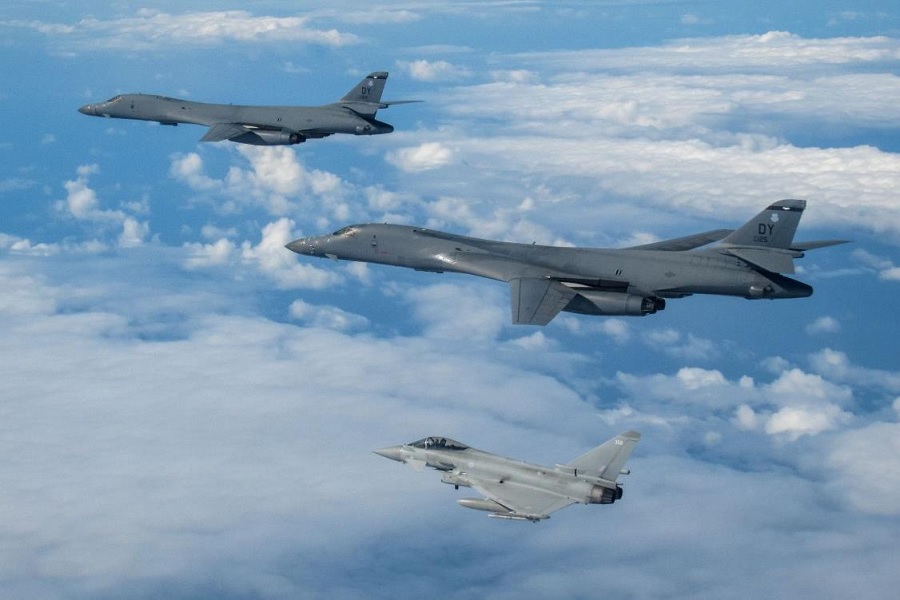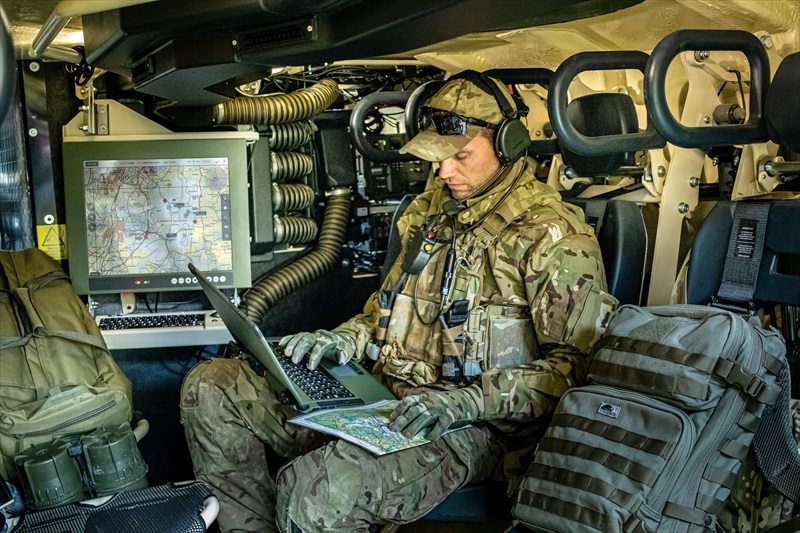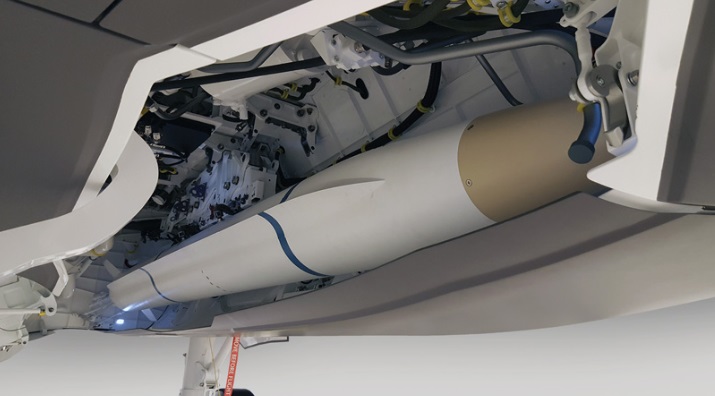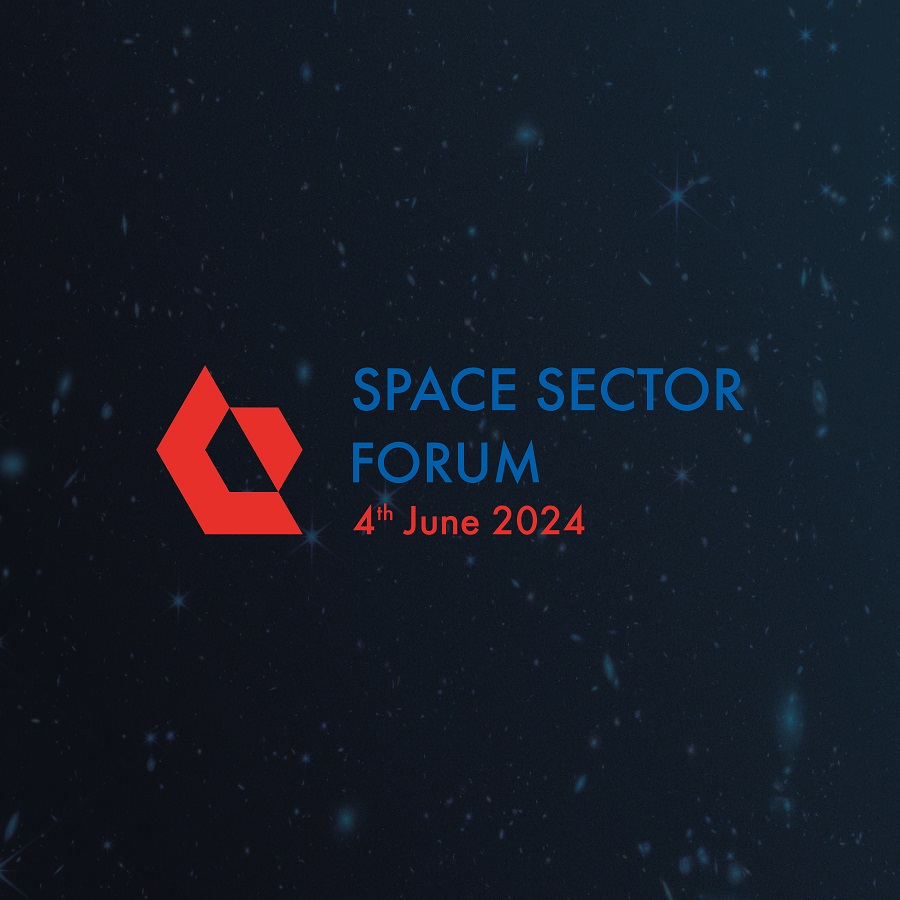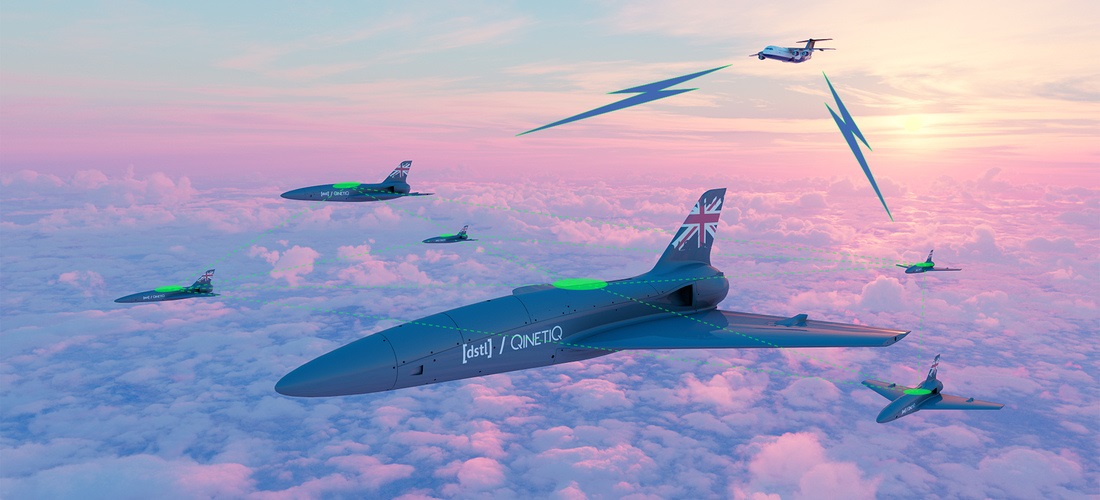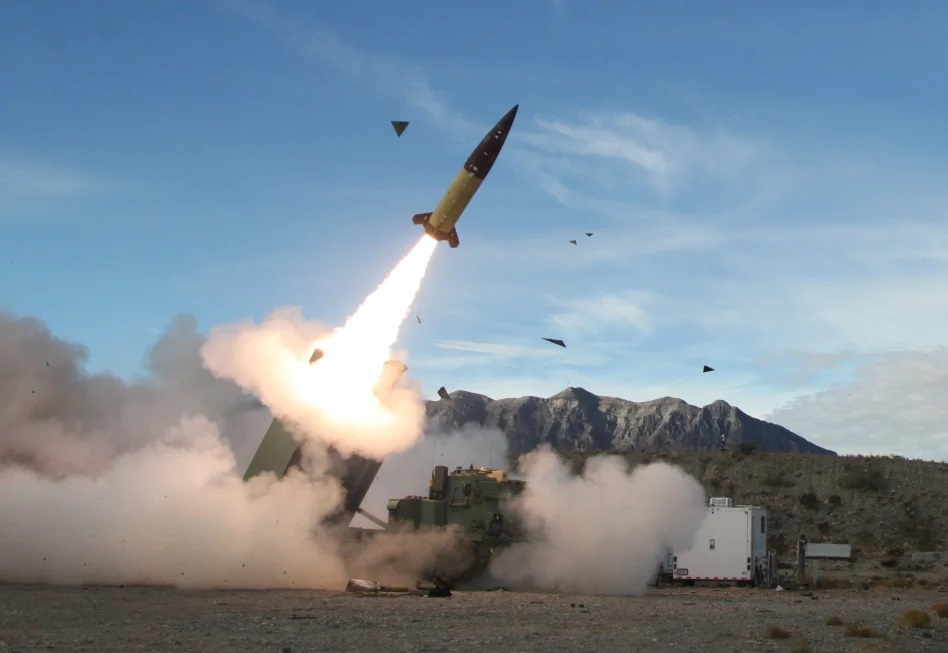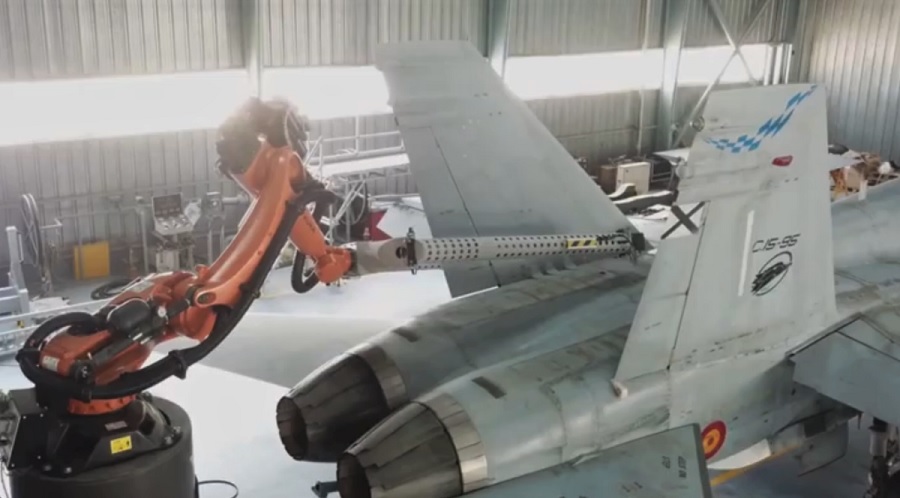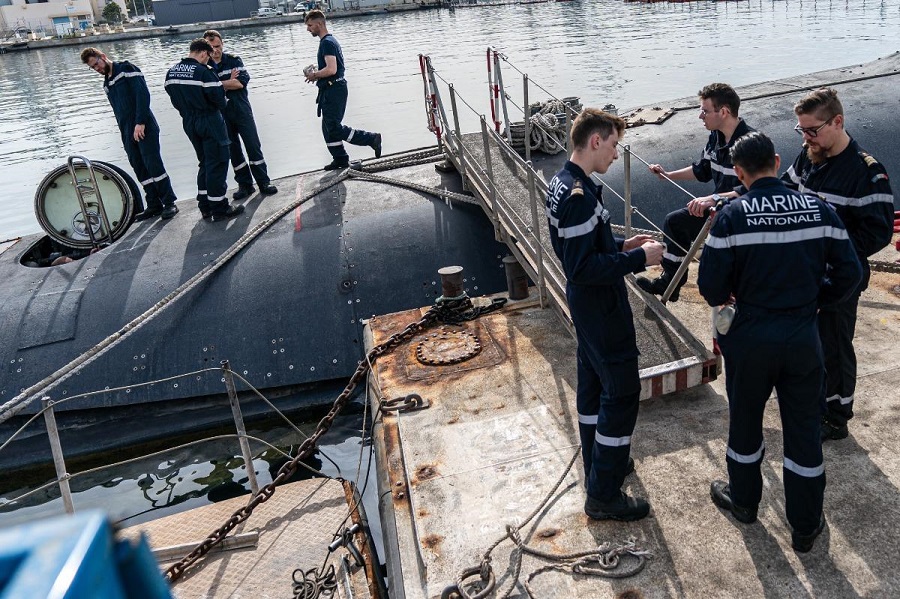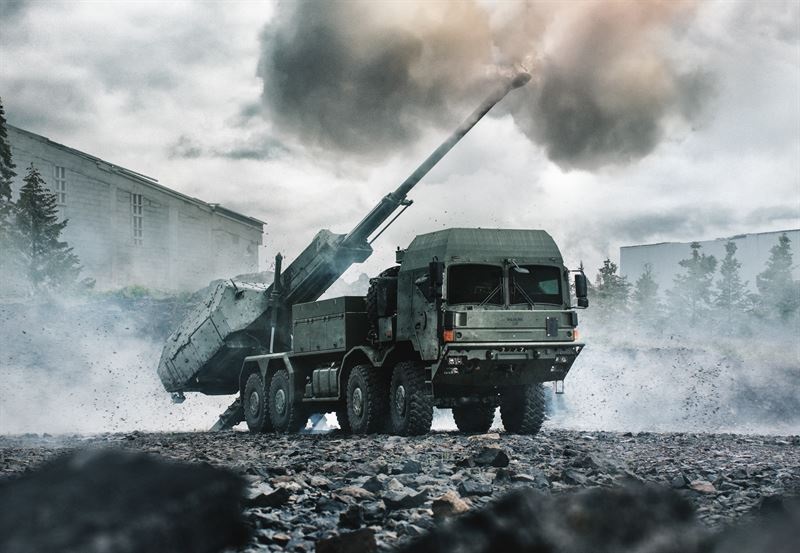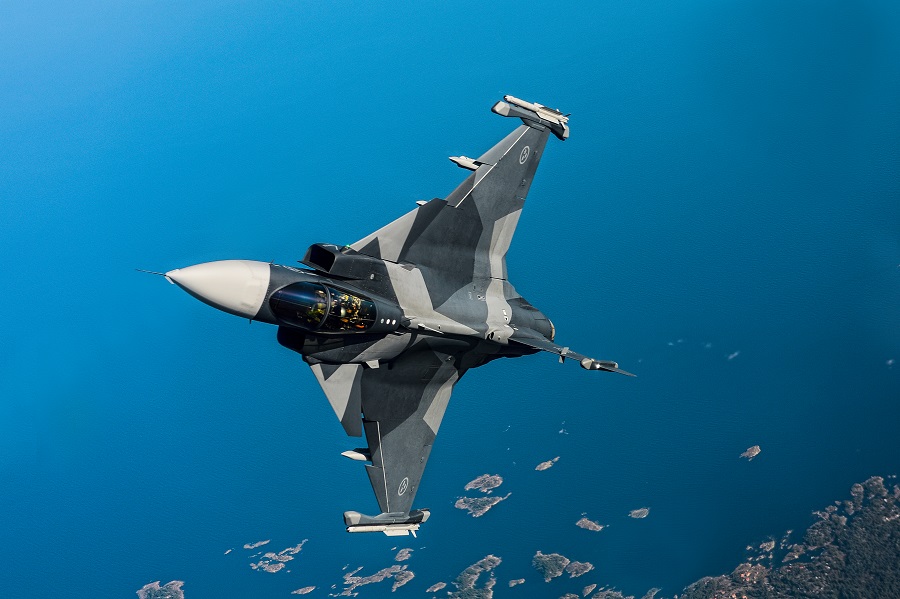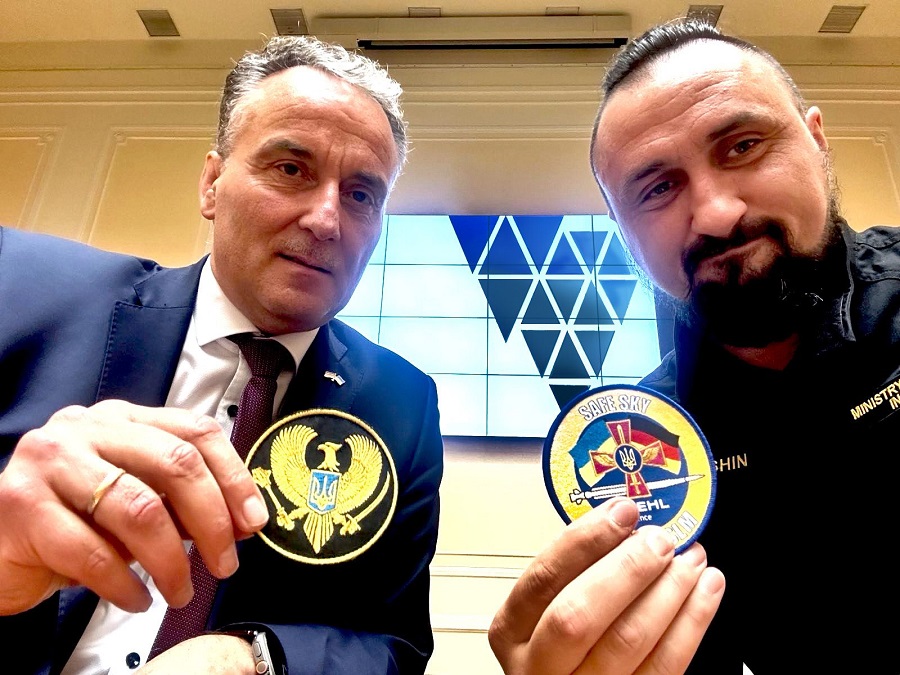Paweł Ziemnicki: Polish space industry is developing a lot of new and interesting projects in different areas. My question is what can our space sector add to the European capabilities as for defence, security and safety?
Grzegorz Wrochna: First of all, as the Polish Space Agency we coordinate Polish effort for the space safety. Mainly we do coordinate a network of telescopes around the globe installed in several continents. Those sensors are monitoring what is flying above us in orbits around the Earth. Especially in the Low Earth Orbit the satellites’ traffic is nowadays very dense, it is truly crowded with satellites. The probability of collisions between satellites is quite high.
Therefore we work as a part of the European SST Consortium (EU SST) and we provide the data to operators in order to avoid such collisions. We issue alerts enabling satellites to perform maneuvers to avoid collisions and crashes. Keeping an eye on orbit we also follow various orbital failures or malfunctions. As a result we are able to warn the inhabitants of certain area that the piece of rocket stage or satellite may fall down within the given area. This kind of service is also very important.
What are the main sensors that Poland maintains for services related to SST and SSA (Space Situational Awareness)?
We have a number of telescopes. Apart from them we also have one Satellite Laser Ranging station owned by CBK PAN [Space Research Centre of the Polish Academy of Sciences] with the laser measuring the distance to particular satellites or pieces of space debris. We are also considering building some radars but these are rather the plans for the future.
How about usage of upstream segment – the satellites?
One important aspect here is related to Earth observation from orbit. This has now many applications in different domains like for example agriculture or forestry not to mention weather forecasts or climate monitoring. But of course satellite imagery – optical as well as radar – is of dual use. We have got the appropriate agreement with the Ministry of Defence. The overall use of satellite data for defence purposes is coordinated by the MOD whereas the use for civil purposes is coordinated by our Polish Space Agency.
Can we assume that the data coming from our future two Airbus manufactured satellites as well as the data from this provider’s current constellation may be shared by the MOD for civilian usage?
Yes, in general this data can be shared, in particular for the purpose of crisis management in case of catastrophes or disasters like floodings or big fires. This is included in the agreement.
What is more, we are also planning to build our own Polish satellites with somewhat lower resolution. These devices will also be very useful for various applications. The construction of the constellation of Polish microsatellites will be ordered by the Ministry of Defence but the sensors will be used also for civil purposes.
What about satellite communication? What can we build here on our own and how can we facilitate existing international resources?
This is a very important question, because Poland so far has got no telecommunication satellites on its own. We have to purchase bandwidth and capacity from foreign operators. We would of course like to have our own resources here. Fortunately one of Polish companies is developing a very modern telecommunication transponder which is the most important part of satellite’s hardware. This transponder will be fully digital with digital beam forming in several bands. Such hardware could be used to build the telecommunication satellite in cooperation with some other companies.
We are currently talking with one German company as well as Turkish Space Agency and Argentinian Space Agency about potentially having common satellites all around the world ensuring the communication from every spot on the planet.
Would this communication mainly be based in geostationary orbit (GEO) or low Earth orbit (LEO)?
The solution that we are currently working on is aimed at geostationary orbit. But for the near future we also consider smaller satellites potentially for LEO. Thanks to miniaturization and technological development nowadays the communication satellites may be much smaller than those known from the past.
One more important future aspect is safe quantum communication. In this domain we have very skillful scientists working on advancing the technology and manufacturing devices. We have companies that have already started producing quantum equipment – for quantum computers, for precise time measurement and distribution. We want to participate in European Space Agency programs dedicated to testing quantum communication systems. We hope to play an important role in those ESA programs.
What are Poland’s ambitions regarding GNSS, navigation and positioning?
ESA is planning to launch several testbed satellites into low Earth orbit. That is because new applications related to positioning, navigation and timing require low orbit satellites. It will allow using shorter distances for the signal to travel and would also require less power to distribute the signal, not to mention other advantages.
GNSS satellites designed for LEO should be different from the ones used now in medium Earth orbit, prepared for effective communication from low orbit. One of the Polish companies is proposing a satellite for such use case. It will be built in cooperation with the Spanish company providing GNSS hardware. We are also in touch with ESA about the support for this project.
Would we be able to provide the ground segments for the above mentioned systems on our own?
In the future definitely yes, such are the plans. We are planning to build the operation center of the Polish Space Agency, including necessary ground stations. Of course we will start from renting capacity from existing ground segments in “as a service” mode but in the future we should have our own capabilities as well.
Is the space domain vital for our national security today?
Today we cannot anymore live without space technologies. One can just imagine switching of navigation or telecommunication. Not only road traffic could than be paralyzed but also banking systems and many other services.
As for the defence we can clearly view in Ukraine what gives the advantage for the Ukrainian army. The support of different nations providing satellite data, satellite imagery and telecommunication is absolutely crucial for Ukrainian forces fighting in this conflict.
How important it is for Poland to be present and active in space?
If we want to be a country having our own space-related services we surely have to be there and we must constantly work on the development of new technologies.


